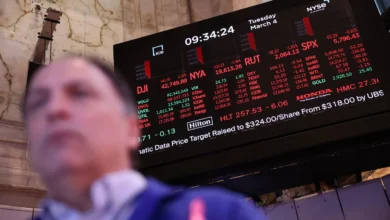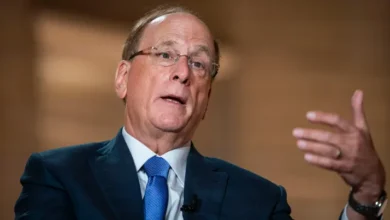The IRS has issued 3.2 million tax refunds this year. Here’s the average payment
- The IRS has issued 3.2 million refunds for the 2025 filing season so far.
- As of Jan. 31, the average refund amount was $1,928, which covers the first four days of the filing season.
- The agency sends most refunds in less than 21 days. You can check the status via “Where’s My Refund?” on IRS.gov.
Tax season has kicked off, and the IRS has issued roughly 3.2 million refunds this year as of Jan. 31, the agency reported.
This represents current-year returns filed.
The average refund was $1,928 over the first four days of the filing season.
However, the IRS expects more than 140 million individual filings through the April 15 deadline, so the average refund could change throughout the season.
Typically, you can expect a refund when you overpay taxes throughout the year via paycheck withholdings or estimated payments.
As of Dec. 27, the average refund for the 2024 season was $3,138, which is about 1% lower than the average payment in 2023, according to the IRS.
You can check the status of your refund for the 2025 season via the “Where’s My Refund?” tool or the IRS2Go app.
How to get a faster tax refund
“Filing electronically and selecting direct deposit is the best way to get your refund quickly,” former IRS Commissioner Danny Werfel said in early January.
Typically, the IRS issues most refunds in less than 21 days, but several factors can impact your refund timing, according to the agency.
By law, the IRS can’t issue earned income tax credit or additional child tax credit refunds before mid-February. Those refunds should arrive by March 3 if there are no issues with your tax refund, the agency said.
For Source, Videos & Charts in the Post Click here




